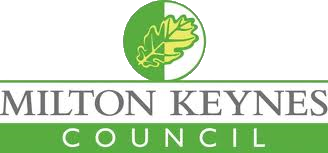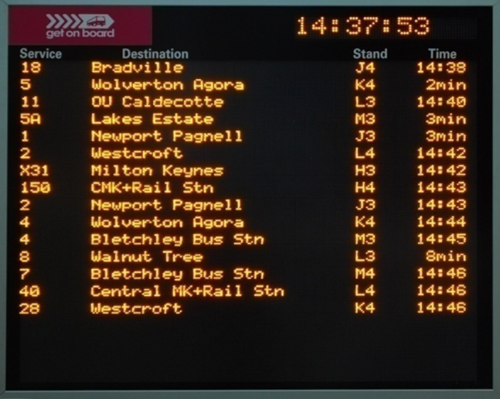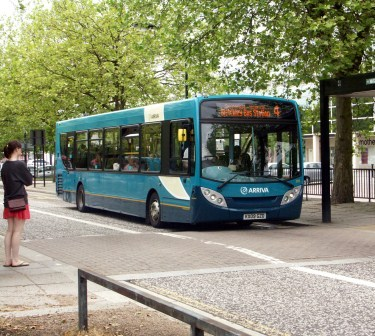In 2007, Milton Keynes purchased an RTI system from INEO, a French RTI company with experience in managing large UK contracts. The purchase was funded by the Homes and Communities Agency, and the system was handed over to MKC in January 2010. However, for technical reasons it did not go live to the public.
A maintenance contract with INEO expired in June 2012 so Milton Keynes Council decided to seek proposals in 2012 for a refresh/replacement of the existing system, with the intention of taking advantage of the advances in technology in recent years to reduce the amount of equipment required on the bus and removing the need for bespoke communications links. Nimbus Journey Information (now r2p UK) was successful in winning the contract and started work in late December 2012.



